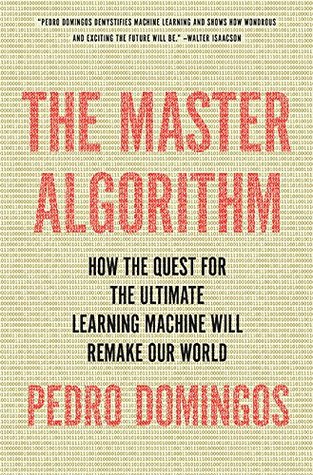If so few learners can do so much, the logical question is: Could one learner do everything? In other words, could a single algorithm learn all that can be learned from data? This is a very tall order, since it would ultimately include everything in an adult’s brain, everything evolution has created, and the sum total of all scientific knowledge. But in fact all the major learners—including nearest-neighbor, decision trees, and Bayesian networks, a generalization of Naïve Bayes—are universal in the following sense: if you give the learner enough of the appropriate data, it can approximate any
...more
Welcome back. Just a moment while we sign you in to your Goodreads account.


